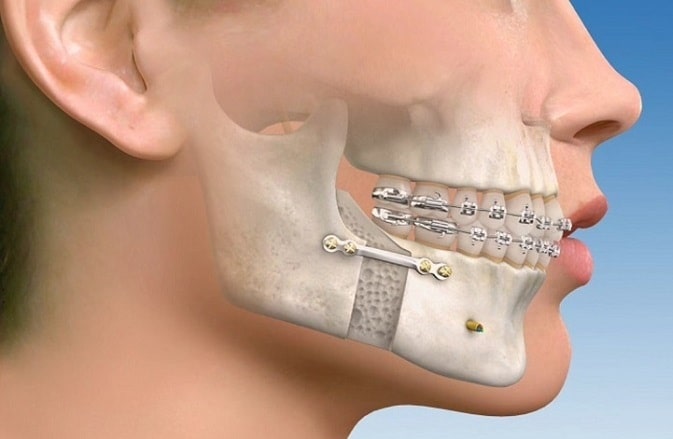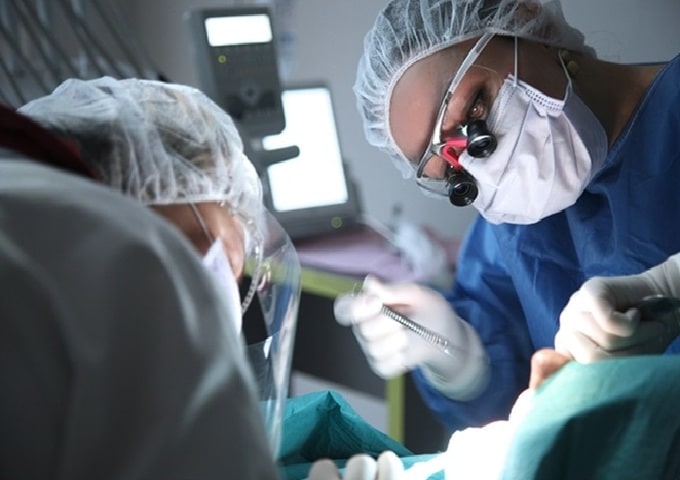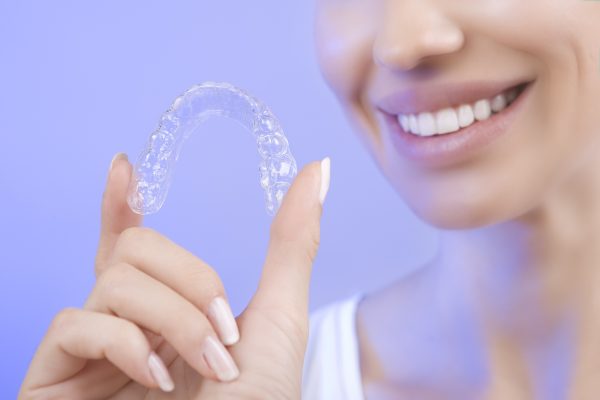Orthodontics in Iran
No more smiling with your mouth closed!
Get your teeth straight and well-positioned with our dental braces and Invisalign services offered at the best dental clinics in Iran.
No more smiling with your mouth closed!
Get your teeth straight and well-positioned with our dental braces and Invisalign services offered at the best dental clinics in Iran.
Distance is no excuse for not having access to affordable yet effective orthodontic treatments. We, at AriaMedTour, strive hard to bring you a hassle-free experience of traveling to a country where high-quality dental braces are available at a bargain price.
Hear about our dentistry patients’ experiences in Iran: They have so much to share.
Watch these dentistry stories from different patients around the world to see why people choose Iran for their cosmetic surgeries and how AriaMedTour facilitates their medical trip to Iran.
A medical trip documentary:
Crossing borders for a unique beauty adventure
Australian patient’s medical trip to
Iran for quality dental implants
One medical trip to Iran, two transformations:
Dental crowns and nose job
Smile makeover abroad:
Composite veneers in Iran
Haven’t decided yet? Let us help you, it’s free
If you’re suffering from crooked teeth and the bad bite they bring to you, do what smart people do today and get your teeth in line with dental braces. With the orthodontics costs rising all over the world, it would be reasonable if you travel to another country to be able to get your teeth positioned properly.
With a great number of professional dentists, cutting-edge facilities, and attractive prices, Iran’s considered as a perfect place to go for your dental procedures, especially orthodontics. So, here we outlined all you need to know about getting dental braces in Iran. This includes the procedure, reasons, benefits, costs, recovery, and all the related issues.
Orthodontics refers to a dental specialty dealing with malpositioned teeth and jaws. Also called orthodontia and dentofacial orthopedics, orthodontics involves using appliances like braces for a temporary period to help your teeth move to the right position.
This procedure is regarded as one of the most efficient solutions to correct a bad bite. Accordingly, it’s not only a cosmetic treatment to improve your appearance, but also a medical-dental treatment for the prevention of oral diseases.

While having healthy teeth matters to many, not everyone can afford it. In this situation, dental tourism puts an end to all the limitations, enabling people to not only have their desired dental procedure but also create an exceptional experience of traveling.
In the first instance, the idea of traveling to Iran may not seem appealing. However, taking all the advantages into account, you’ll find out how much you’ll win by traveling to this country. Let us count them here for you.
First of all, traveling to Iran not only will save you big money, but also will turn into a memorable experience. You just need to see some pictures of the country and read some of our patients’ stories in Iran.
Second, if it wasn’t the great expertise of Iranian dentists, it was not possible for the country to beat other dental destinations. Iranian dentists/orthodontists have attended top-ranked universities in the world to get their certifications in orthodontics. They’re equipped with years of experience and records of successful treatments.
Third, clean and super-organized dental clinics in Iran are no different than the clinics in many developed countries. You can easily find well-trained orthodontists in Iran working at different dental clinics in Iran, especially in the major cities of Tehran, Mashhad, Isfahan, Shiraz, Tabriz, and Kish Island.

You need to get dental braces if:

The procedure of getting dental braces consists of three steps. They are the examination process, getting braces, and monthly check-ups.
To get your dental braces in Iran, you need to go through the first step in your home country. After visiting an orthodontist, they ask you to have dental x-ray, plaster model of your teeth, dental photographs, and a clinical exam.
Using these prerequisites, your orthodontist in Iran determines the duration of your treatment and the type of your devices. Then, the orthodontist puts your dental devices/braces in your mouth and tighten and fix them in place.
Regular visits are needed afterward in order for your dentist to check the progression of your treatment. When your dentist approves, your treatment is over and the devices are removed.
Appliances fall into two categories: fixed and removable. Depending on the case, orthodontists recommend one of them.
Fixed appliances are braces, special appliances, and fixed space maintainers. These devices are attached to the teeth and are used to put tension on your teeth to get them in line.
Removable appliances are aligners, removable space maintainers, splints, lip and cheek bumpers, palatal expanders, removable retainers, and headgears. They are also attached to the teeth but shall be removed when eating, brushing, and flossing.
There is also a kind of transparent braces known as clear aligners often Invisalign that have the same function as regular braces but are invisible and are more comfortable and better-fitting.

This is what your orthodontist will advise you about. However, here we provide you with some details which get you more informed.
Fixed devices like dental braces bring more effective results. They are used in patients who need more teeth adjustments. They also need more care as there’s always something bonded to your teeth.
Removable devices are used when less correction is required. They are often used to help you keep your teeth in line after your teeth are back in place using dental braces. Depending on your condition and preference, your orthodontist will determine which type of appliances is better for you.
Like other treatments, the price of orthodontics is much more affordable in Iran than in other countries. For instance, getting dental braces in Iran costs from around $500 to $900 (depending on the type of device). However, the same service costs around $3,000 to $8,000 in the US, $3,500 and $6,000 in the UK, and $2,500 and $3,000 in India.
After getting braces, you may experience some levels of pain or discomfort for a few days. During this period, you may find it difficult to eat hard foods. This mild pain may reoccur whenever you get through an adjustment. However, rest assured that it won’t hurt too much or too long.
The braces will stay in your mouth for around 18-24 months. You need to take good care of them during this period. You’ll be recommended to use special orthodontics toothbrush, toothpaste, and floss.
In order to maintain the health of your teeth after getting braces, make sure that you brush them carefully after each meal and before going to bed. Floss at least once a day, and visit your dentist regularly.
When to start orthodontic treatment?
There’s no specific time to start orthodontic treatment. However, the earlier you go for this treatment, the quicker you will see the results. It means that a kid or someone aged 18 will get more pleasing results in less time compared to an adult aged 30 or more.
Am I a good candidate for getting dental braces?
You’re a good candidate for dental braces if:
What are some complications of orthodontics?
Orthodontic treatment is a cosmetic-medical procedure which corrects your bad bite. This treatment may cause some complications. They include:
With all being said, it is worth mentioning that these complications rarely occur, and they can be prevented by sticking to a regular oral hygiene plan.
Does orthodontics cause migraine or headache?
Some patients report that they experience headache or migraine when they get dental braces. As the braces increase pressure on your teeth and jaw, you may feel headache a few hours after getting braces or after each adjustment session. It is not a constant pain and it does not happen always, and it can be reduced by painkillers.
Can dental braces cause bone loss?
Orthodontics can cause bone loss in those who have weak jawbones or those who are suffering from jawbone deterioration. Therefore, during the examination process, your dentist/orthodontist shall determine whether you can get dental braces depending on your jaw condition.
Contact Us Via Whatsapp